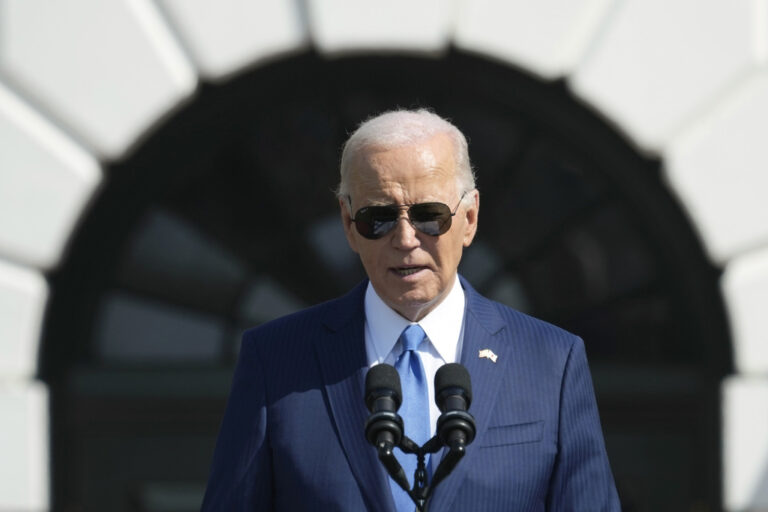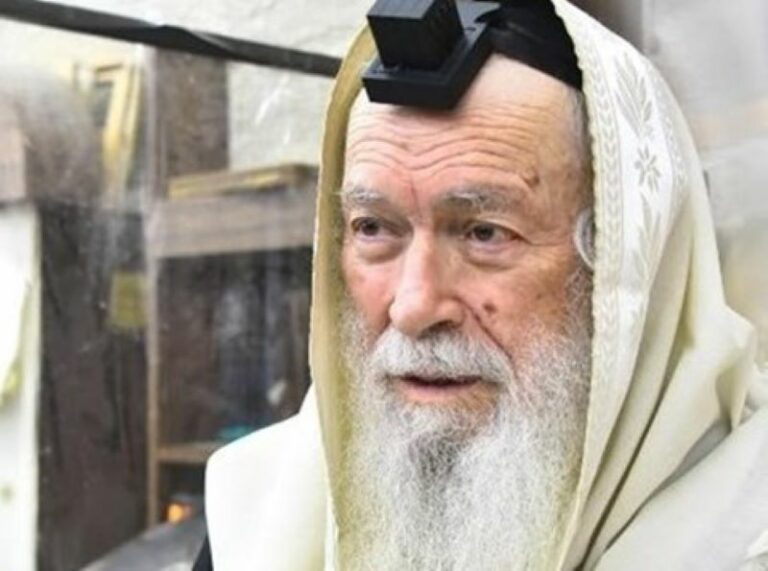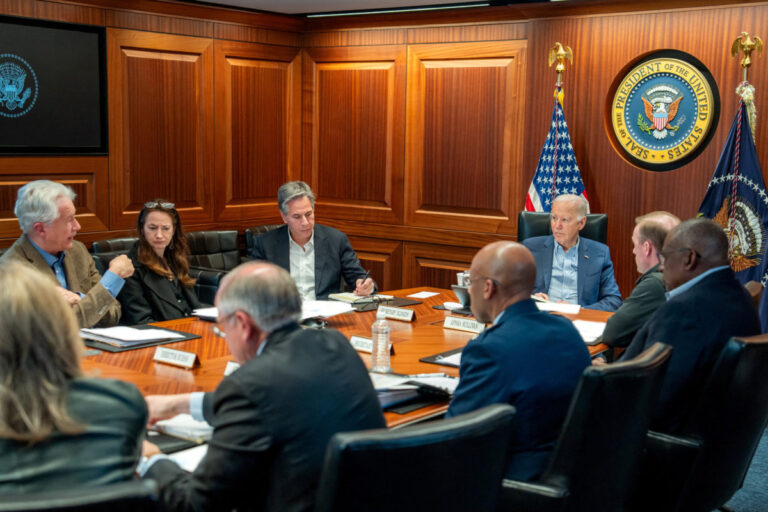 Russia’s entry into the crowded and sometimes uncoordinated air wars in Syria is making the U.S. increasingly nervous, reflecting concern at the Pentagon and in Europe about the risk of accidents or unintended conflict.
Russia’s entry into the crowded and sometimes uncoordinated air wars in Syria is making the U.S. increasingly nervous, reflecting concern at the Pentagon and in Europe about the risk of accidents or unintended conflict.
The Russians sent word Tuesday that they are willing to resume talks on ways to avoid warplanes running into each other, or firing upon one another, in the skies over Syria. Earlier in the day, U.S. Defense Secretary Ash Carter called on Russian defense officials to contact the Pentagon immediately to further discuss Moscow’s escalating military activities in Syria.
American and Russian defense officials had their first conversation about the issue last week.
The NATO alliance on Monday denounced Russia for “irresponsible behavior” for allowing its warplanes to twice cross into Turkish airspace, once on Saturday and once on Sunday. Turkey warned that any future aerial intruder would be treated like an enemy. The Russians acknowledged having intruded once on Saturday, calling it accidental, but denied doing it again Sunday.
White House spokesman Josh Earnest said the U.S. was “quite concerned” by Russia’s action, describing it as a provocation.
“Given the stakes and sensitivity around the Russian military action in that region of the world, I think our concerns are well-founded,” Earnest said.
The situation in Syria is unlike any in recent memory, with multiple air forces bombing a variety of targets, sometimes at cross purposes, and with no single mechanism for command and control. Russia’s role is especially tricky for the U.S. and its coalition partners, in part because its political aims in Syria are at odds with Washington’s.
Washington is leading an international coalition, not including Russia, focused on defeating the Islamic State group, not directly hitting Syrian forces.
Moscow says it is bombing the Islamic State group in line with U.S. priorities, but the U.S. says Russia is mainly striking anti-government rebels in support of its ally, President Bashar Assad, whose own air force also is on the attack. The Russians, who are not coordinating with the Americans, reportedly also have hit at least one U.S.-supported rebel group.
That opens the possibility, however unlikely, of the Americans and Russians coming to blows.
Russian officials say they have more than 50 warplanes and helicopters taking part in the open-ended air operations. They are flying 20 to 25 missions a day in Syria, compared to an average of about eight per day by the U.S.-led coalition.
In addition to its air campaign, Russia has brought ground combat weaponry into western Syria, according to U.S. officials. This includes a small number of artillery pieces and a multiple-launch rocket system called the Smerch moved in recent days to the vicinity of Hama, southeast of the coastal air base where Russia has staged most of its aircraft, a U.S. defense official said.
For its part, Turkey in late August began airstrikes in Syria as part of the U.S.-led coalition. Turkish warplanes are fully integrated into the coalition attack plan, as are those of Australia, which began flying strike missions over Syria in September. France also began bombing in September.
Syria’s air force is hitting both Islamic State and anti-government rebels, all of whom Assad has labeled “terrorists” with a broad brush.
Carter, the U.S. defense chief, has expressed worry about the possibility of “inadvertent incidents and lack of communication” with Russian air crews, although so far the Russians have flown mainly in western Syria, relatively far from U.S. and coalition flights in the country’s north and east.
Pentagon spokesman Peter Cook said a response to the Pentagon’s request for talks came through the U.S. Embassy in Moscow and reached U.S. Defense Secretary Ash Carter while he was flying from Moron Air Base in Spain to Sigonella, Italy.
“We look forward to the formal response from the Russians and learning the details,” Cook said. “We stand ready to meet again to continue our earlier discussion as soon as possible.”
Russian Deputy Defense Minister Anatoly Antonov said Russia wants broad discussions on international cooperation in fighting the Islamic State.
“Regrettably, the Americans would like to limit our cooperation to technical issues relating to interaction between our pilots while on relevant missions,” Antonov said Tuesday.
Jens Stoltenberg, the secretary general of NATO, rejected Moscow’s claim that its military incursion into alliance airspace over Turkey wasn’t intentional or important, saying there were two separate incidents and “the violation lasted for a long time.”
The violation is more than a Turkey-Russia spat because Turkey is a member of the NATO alliance, whose defense leaders meet later this week in Brussels. Russia is not a NATO member. Carter said he expects the matter to be on the NATO agenda.
(AP)





